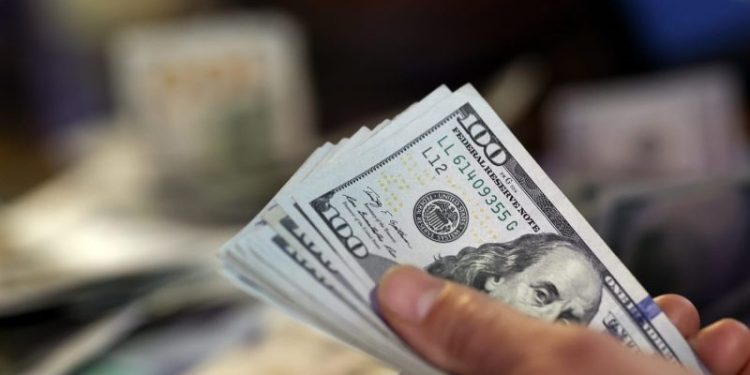In the wake of increasing concerns about a potential recession, many financial experts are advising individuals to bolster their emergency savings in preparation for economic uncertainty. While it can be challenging to determine precisely how much one should have in emergency savings, there are some general guidelines that can help individuals better prepare for unforeseen financial hardships.

The traditional recommendation for emergency savings is to have enough to cover three to six months’ worth of living expenses. This guideline provides a cushion that can help individuals weather unexpected expenses or periods of unemployment without spiraling into financial distress. However, some experts now suggest that in the current economic climate, it may be prudent for individuals to aim for an even larger emergency fund equivalent to six to twelve months’ worth of expenses.
Factors such as job security, industry stability, and overall economic conditions should also be taken into account when determining the appropriate amount to save. Individuals working in industries that are more susceptible to economic downturns may want to aim for the higher end of the spectrum in terms of emergency savings. Similarly, those with less job security or who are nearing retirement may also benefit from having a more substantial cushion.
In addition to the amount saved, the accessibility of emergency funds is crucial. While traditional savings accounts offer stability and liquidity, they may not provide the best returns in terms of interest. Exploring high-yield savings accounts or money market accounts can offer a better balance between accessibility and growth potential for emergency savings.
For those interested in further maximizing their emergency savings, exploring other avenues such as investment accounts or certificates of deposit (CDs) can be beneficial. While these options may come with increased risks or restrictions on access to funds, they can potentially offer higher returns that outpace inflation and help emergency savings grow over time.
Ultimately, the decision about how much to save in emergency funds is a personal one that depends on individual circumstances and risk tolerance. While the prospect of a recession may be daunting, having a robust emergency fund can provide peace of mind and serve as a financial safety net during turbulent times. By carefully considering factors such as living expenses, job security, and accessibility of funds, individuals can take proactive steps to protect their financial well-being and weather economic uncertainties.






